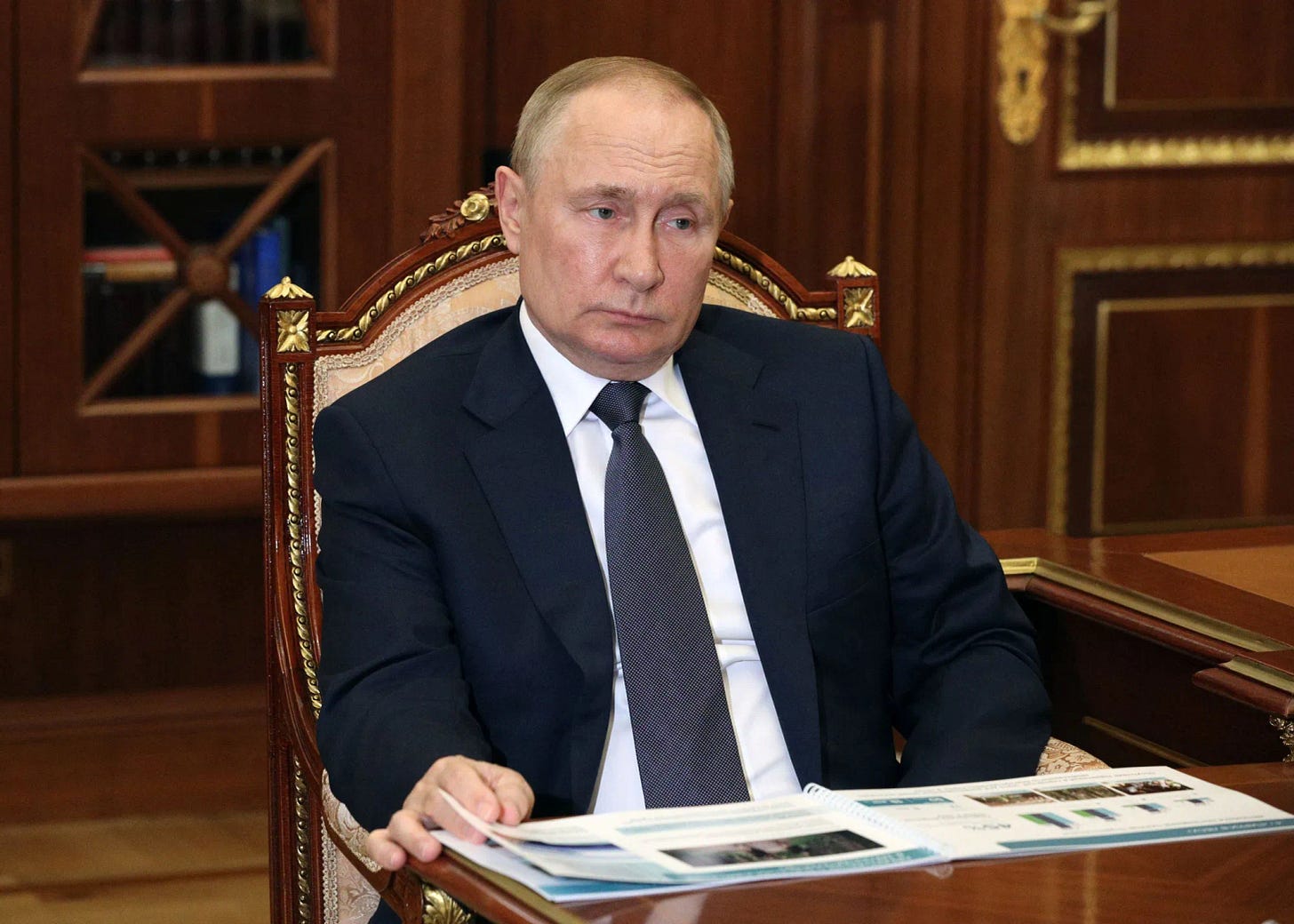Putin's Diplomatic Push: Russia Strengthens Ties with Iran Amid Middle East Conflict
Russia and Iran Forge a Strategic Partnership as Global Alliances Shift.
This week, Russian President Vladimir Putin will meet with Iranian President Masoud Pezeshkian in a landmark summit, marking the first face-to-face meeting between the two leaders. As the conflict continues to ravage the Middle East, Moscow, and Tehran are coming together to discuss not only regional instability but also a new strategic partnership agreement. Since Russia invaded Ukraine in 2022, the relationship between the two nations has deepened, with Iran supplying weapons to Russia in exchange for mutual support in various geopolitical arenas.
The diplomatic gathering signals a growing alliance between Russia and Iran as both nations seek to break free from Western isolation and find new global partners. As Putin juggles multiple diplomatic engagements, his efforts to strengthen ties with Iran are part of a broader strategy to reshape the geopolitical landscape.
A Partnership with Limits: Russia and Iran’s Complex Relationship
The military collaboration between Russia and Iran has intensified over the past two years, leading to concerns in the West about the potential consequences of their deepening alliance. Western officials have recently warned that Russia could be assisting Iran in developing nuclear weapons, a move that would escalate tensions in an already volatile region. Nicole Grajewski, an expert on Russian-Iranian relations, told AFP that the partnership "runs much deeper than transactional ties." She emphasized that the two nations are increasingly reliant on one another as they seek to counterbalance Western influence.
Despite this growing military cooperation, the Russia-Iran relationship has its boundaries. Moscow is cautious not to jeopardize its connections with other influential Middle Eastern nations, including Saudi Arabia, the United Arab Emirates, and Israel. Maintaining these relationships is crucial for Russia, especially as it tries to position itself as a key player in both the Middle East and global energy markets.
Experts argue that prolonged instability in the Middle East may actually benefit Russia by diverting Washington’s attention away from Ukraine. As the U.S. focuses on quelling conflicts in the region, Russia can continue its operations in Ukraine with less Western oversight. However, the delicate balance of Moscow’s relationships in the Middle East—especially with nations that have conflicting interests—could limit the extent of its partnership with Tehran.
Russia’s Global Diplomatic Offensive: Putin’s Upcoming BRICS Summit
Putin’s meeting with Pezeshkian is just one piece of his larger diplomatic strategy. Later this month, he will host over two dozen world leaders at the BRICS summit, where he hopes to further signal Russia’s global influence despite sanctions and diplomatic pressure from the West. According to a Kremlin official, the summit will serve as a stage for Putin to demonstrate that Russia remains a key player on the international stage.
The BRICS group, which consists of Brazil, Russia, India, China, and South Africa, now represents 45% of the world’s population. The organization is emerging as a powerful bloc of non-Western countries, challenging the dominance of NATO and Western-aligned institutions. As a Carnegie Endowment analyst noted, the summit will be presented as “a moment of triumph” for Putin, who is eager to showcase his diplomatic prowess amid efforts to isolate Russia.
However, the future of BRICS is far from unified. While Russia and China seek to use the group to counterbalance NATO and position themselves as leaders of a new global order, other member nations like Brazil and India have different visions. Both countries are more focused on reforming the existing global order rather than fully opposing it. This divide within BRICS highlights the complexity of non-Western alliances and the challenges Russia faces in asserting its leadership.
Russia’s Global Maneuvering and Middle East Ambitions
As Russia deepens its ties with Iran, Putin’s broader strategy of evading Western isolation is becoming increasingly apparent. The growing partnership between Moscow and Tehran has the potential to reshape both the Middle East and global geopolitics. However, this relationship comes with limitations, as Russia must carefully navigate its alliances with other Middle Eastern powers.
At the upcoming BRICS summit, Putin will attempt to assert Russia’s global relevance and rally support from non-Western nations. However internal divisions within BRICS may complicate Moscow’s efforts to position the group as an alternative to Western dominance. As Russia continues to strengthen its global alliances, the outcome of these diplomatic efforts will have far-reaching consequences for the future of global order and stability.



